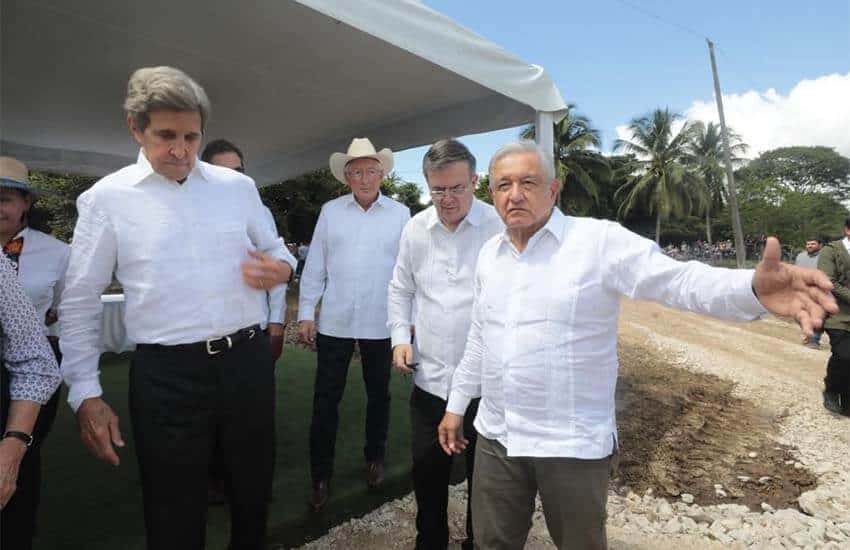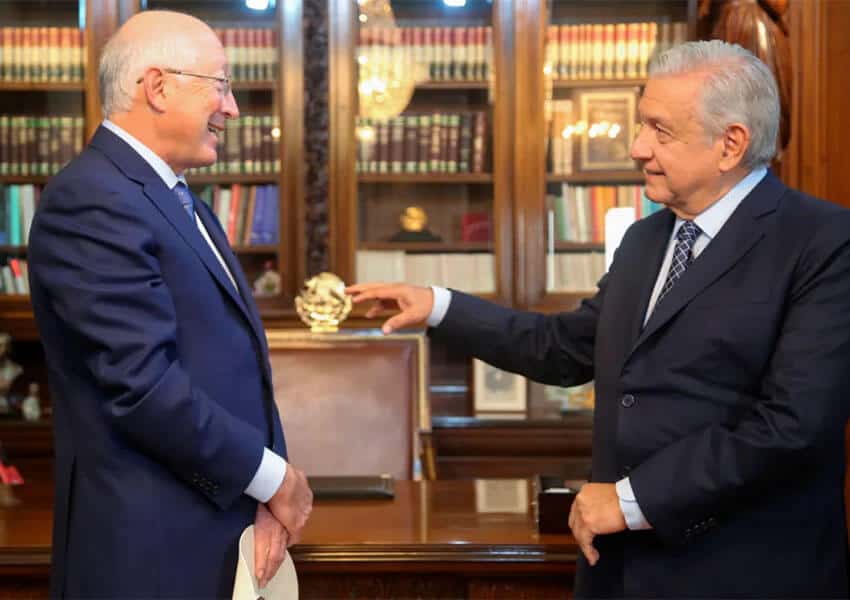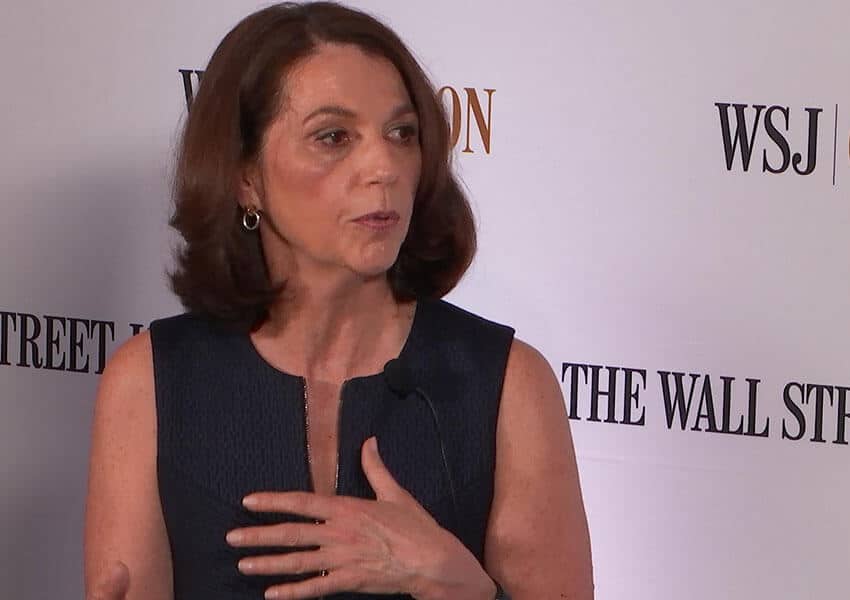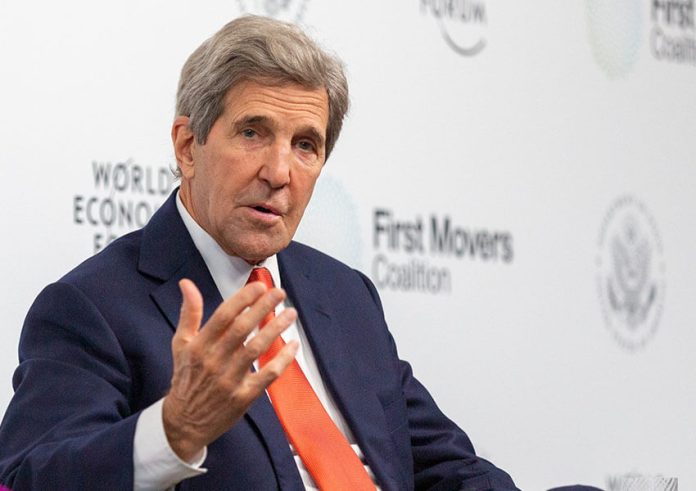The United States special presidential envoy for climate will meet with President López Obrador for the second time in less than four months on Wednesday.
John Kerry will travel to Mexico City “to engage with government counterparts and accelerate cooperation on the climate crisis, including opportunities for expanding renewable power generation, creating a sound investment climate, combating methane pollution, transitioning to zero-emissions transportation and ending deforestation,” the U.S. Department of State said in a media note Monday.
The visit will take place 114 days after the two men traveled to Palenque, Chiapas, to visit a parcel of community land where the federal government’s tree-planting employment program, Sembrando Vida (Sowing Life), is operating.
López Obrador declared at the time that Mexico was an ally of the United States in the fight against climate change.

Wednesday’s meeting between the president and the special envoy will occur three weeks after United States Energy Secretary Jennifer Granholm visited the Mexican capital and conveyed “real concerns” about Mexico’s proposed electricity reform.
She said in a statement that the planned reform could have a negative impact on U.S. investment in Mexico and “hinder U.S.-Mexico joint efforts on clean energy and climate.”
U.S. senators, the Canadian Chamber of Commerce in Mexico, the European Union’s ambassador to Mexico, U.S. Ambassador Ken Salazar and the Mexican Solar Energy Association have also raised concerns about the planned constitutional change, which would guarantee 54% of the electricity market to the fossil fuel-dependent, state-owned Federal Electricity Commission and get rid of two energy sector regulators.
Kerry’s visit comes as the lower house of Congress analyzes the reform, which would partially reverse the 2013 reform that opened up the nationalized electricity and oil markets to foreign and private companies. A vote is expected as soon as next month.
Salazar, a former U.S. senator and secretary of the interior who succeeded Christopher Landau as ambassador last September, changed his tune last week, saying that energy reform was in fact necessary although his comments were somewhat ambiguous.
His comment was met with appreciation from López Obrador, who offered the words “Muy bien, Ken” (very good, Ken) in response.

Mary Anastasia O’Grady, a columnist and editorial board member for The Wall Street Journal, rebuked Salazar for “contradicting the Biden administration as … [he] finished a visit to Mexico’s Chamber of Deputies.”
“There’s no way to overstate Mr. Salazar’s bad judgment,” she wrote in a column published under the headline “A U.S. Ambassador Takes Mexico’s Side.”
“… The reforms directly contravene the country’s commitments under the U.S.-Mexico-Canada Agreement [USMCA] to guarantee open, competitive markets and equal treatment of all parties, foreign and domestic,” O’Grady said.
She noted that Salazar took to Twitter to “walk back his comment,” writing that he continued to “trust that Mexico will fulfill its commitments under USMCA as it considers changes to the energy sector” – but charged that “the damage was done.”
The columnist was critical of a range of provisions in the proposed reform and charged that “capital would dry up” because equal treatment under the law for investors would no longer be guaranteed.
“But that’s no matter for AMLO. His goal is to consolidate power so the government can centrally plan and control Mexico’s energy industry and the economy that relies on it,” O’Grady wrote.

“… Mexico is already violating the rights of American energy companies,” she said, citing the seizure of U.S.-owned fuel storage terminals among other examples.
“… Obviously, Mr. Salazar hasn’t been reading the mail. Since the fall, Washington lawmakers on both sides of the aisle have been asking the [U.S.] administration for help,” O’Grady said.
“… Mexico is engaged in an assault on the North American energy market, a key component of the USMCA and of development on both sides of the border. The U.S. has an obligation to call for formal consultations. Mexico’s most important trading partner needs to understand where AMLO is headed with his energy reforms and related discrimination already taking place,” she wrote.
“It ought to advise the Mexican president that violations of the trade agreement will have consequences, including painful retaliation. Meantime, Joe Biden should find his former Senate colleague a new job,” O’Grady concluded.
With reports from Reforma
